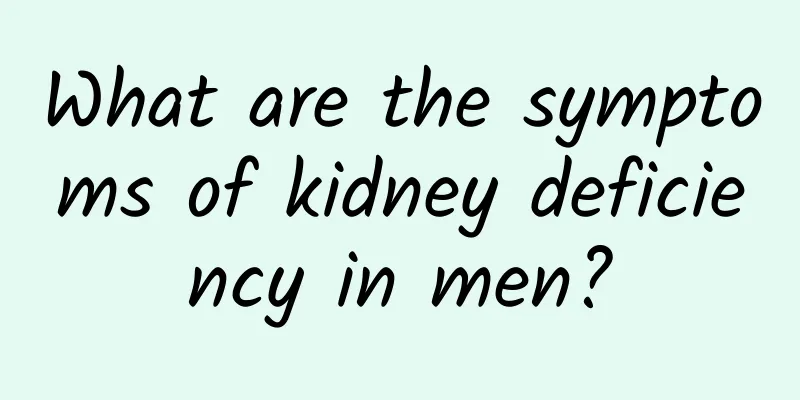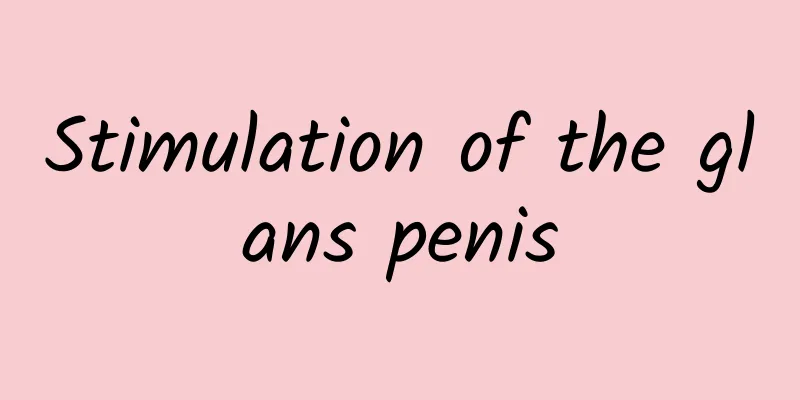What are the traditional Chinese medicine treatments for prostate?

|
Prostatitis, especially chronic prostatitis, is a chronic disease. Traditional Chinese medicine believes that there are toxins such as cold accumulation, heat accumulation, qi accumulation, and blood stasis in the body. These toxins accumulate in the body for a long time, causing physiological functions to not function normally and causing illness. Therefore, the key to treating prostatitis lies in detoxification, eliminating toxins such as cold accumulation, qi accumulation, heat accumulation, and blood stasis in the body. After the toxins are eliminated, the body and syndrome differentiation are used for treatment with pure Chinese medicine. Syndrome differentiation treatment in Chinese medicine plays an important role in the treatment of chronic prostatitis. Today, let's take a look at how Chinese medicine and Chinese medicine treat prostatitis. Damp-heat descending type: symptoms include dribbling, red and painful urine, lower abdominal cramps, perineal swelling and pain, urinary tract turbidity, yellow and greasy tongue coating, and slippery and rapid pulse. Treatment should be heat-clearing and damp-removing. The prescription is Bazheng Powder with modifications: Akebia 7g, Plantago asiatica 10g, Polygonum multiflorum 10g, Dianthus superbus 10g, Talcum 20g, Fructus 10g, Rhubarb 6g, and Licorice 5g. Spleen deficiency and dampness excess type: symptoms include turbid urine, sallow complexion, drowsiness, loss of appetite, pale tongue with white fur, and weak pulse. Treatment should be to invigorate the spleen and benefit the dampness. The prescription is Shenling Baishu powder with modifications: 10g of Dangshen, 15g of stir-fried Baizhu, 24g of Poria, 30g of Coix, 7g of Amomum, 15g of Zexie, 10g of Angelica, 30g of Kuncao, and 10g of Chenpi. Qi stagnation and blood stasis type: symptoms include stagnant urine, swelling and pain in the perineum and lower abdomen, enlarged and hard prostate, dark purple tongue, and stringy and astringent pulse. Treatment should be to activate blood circulation and remove blood stasis, and to promote qi circulation. The prescription is Shaofu Zhuyu Decoction: 10g peach kernel, 10g safflower, 15g angelica, 6g fennel, 10g Toosendan fruit, 10g Wuyao, 12g red peony root, 15g Zelan, and 30g dandelion. Liver-kidney yin deficiency type: symptoms include turbid white discharge at the urethral opening, swollen perineum, sore waist and knees, hot flashes and sweating, red tongue with little coating, and weak and rapid pulse. Treatment should be to nourish the liver and kidney and clear away the fire. The prescription is Zhibai Dihuang Tang with additions and subtractions: 15g of Anemarrhena, 10g of Phellodendron, 30g of Radix Rehmanniae, 15g of Radix Paeoniae Alba, 30g of Poria, 15g of Radix Aconiti Lateralis Preparata, 15g of Polygonatum Sinensis, 10g of Radix Bletillae Sinensis, and 15g of Radix Salviae Miltiorrhizae. Kidney Yang deficiency type: symptoms include dribbling urine with semen, fear of cold, sore waist and knees, impotence, premature ejaculation, pale and fat tongue, and weak pulse. Treatment should be to warm the kidney and strengthen yang. The prescription is Jinkui Shenqi Pills with modifications: 10g of processed aconite root, 10g of dodder seed, 10g of xianlingpi, 10g of eucommia bark, 10g of polygonatum, 15g of angelica root, 15g of yam, and 24g of tuckahoe. The use of traditional Chinese medicine to treat prostatitis has unique advantages. Traditional Chinese medicine is derived from minerals, plants, and animals in nature, and has no toxic side effects. Traditional Chinese medicine has no drug resistance and can be used continuously until the disease is cured. This is the advantage of traditional Chinese medicine in treating diseases. Moreover, traditional Chinese medicine has unique advantages in treating prostatitis, and its treatment effect is deeply recognized by the vast number of patients. |
<<: Introduction to Psychological Therapy for Premature Ejaculation
>>: What are the consequences of prostate removal?
Recommend
What are the small fleshy particles on the glans?
Many male friends may find that there are many sm...
What to do if your sweat smells bad? These tips will help you get rid of the sweat odor
Temperature has a great impact on the human body....
To remove facial wrinkles, you can use these little tips in your life
Facial wrinkles are a common phenomenon for many ...
What to do if you have pain at the base of your testicles?
The testicle is an important reproductive organ f...
What is the reason for the redness and swelling of the glans suture?
The glans is part of the male sexual organ, but t...
How to reduce body fat and adjust your diet to reduce body fat
Body fat percentage is the proportion of fat cont...
A few days after the menstrual period, it came again
As we all know, menstruation is a barometer of wo...
What are the symptoms of testicular rupture?
The testicles are one of the most important organ...
What is the standard height for men?
Scientific research shows that in addition to goo...
How to detect epididymitis
Epididymitis is a serious inflammation, which is ...
Kidney Yin deficiency and Yang deficiency are very different. What foods should be eaten to replenish kidney Yin deficiency?
Kidney deficiency is divided into kidney yin defi...
How to do push-ups to train chest muscles in a standard way?
For everyone who loves fitness, they will not ref...
Pictures of genital infections
When it comes to male genital infection, many peo...
Can men lose weight through yoga?
In recent years, as the employment situation in m...
What diseases can men's urine test detect?
In daily life, if a man has abnormal urine, he al...









